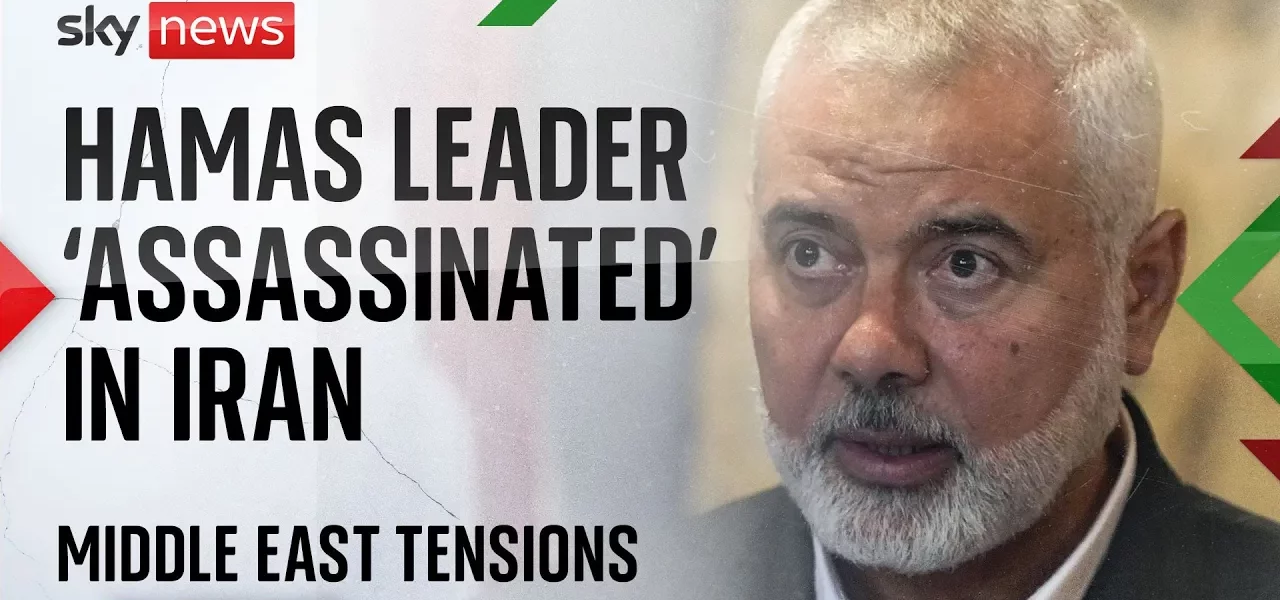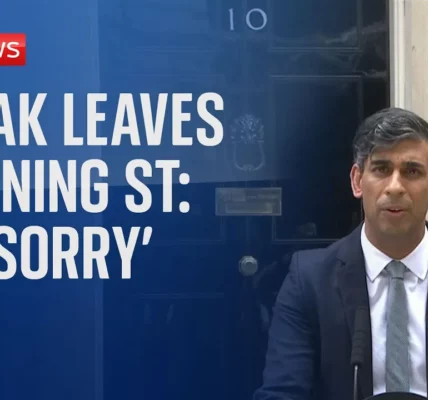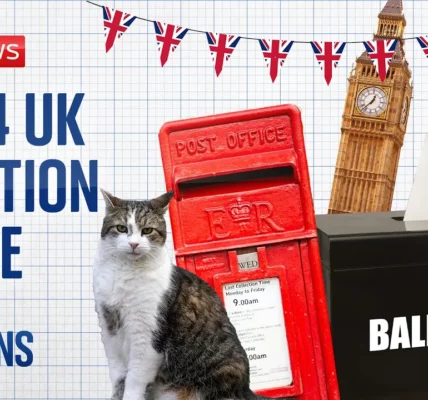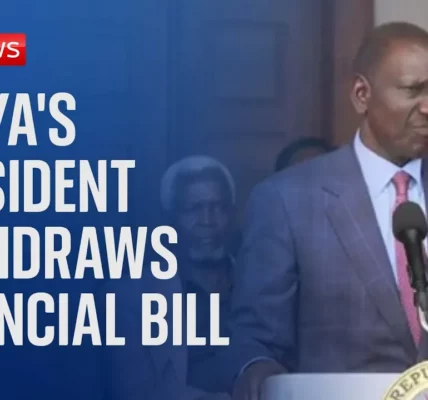The Assassination of Hamas Leader Isma Hania: Impacts and Implications

This article delves into the assassination of Hamas leader Isma Hania, exploring the immediate aftermath and the potential repercussions on ongoing conflicts in the Middle East, particularly in Gaza and Lebanon.
Introduction
The recent assassination of Isma Hania, the political leader of Hamas, marks a significant escalation in the ongoing conflict in the Middle East. Occurring in Tehran, Iran, during a high-profile event, this incident underscores the volatile nature of regional politics and the precarious balance of power among various factions. This article will explore the details surrounding Hania’s assassination, its implications for Hamas, and the broader geopolitical landscape, particularly in relation to Israel and its adversaries.
Background on Isma Hania
Isma Hania has been a prominent figure in Hamas, serving as a key negotiator in various ceasefire talks and fundraising efforts since relocating to Qatar in 2017. His leadership style was characterized by a tough stance on negotiations and a commitment to the Palestinian cause. Hania’s recent visit to Iran for the inauguration of the new Iranian president highlights his role in strengthening ties with Iran and other allied groups, such as Hezbollah and the Houthis in Yemen.
- Leadership Role: Hania was pivotal in Hamas’s strategic direction and its response to Israeli military actions.
- Negotiation History: He played a crucial role in ceasefire negotiations, making him a key player in the ongoing conflict.
- Personal Loss: Hania faced personal tragedies, having lost three sons in airstrikes, which further fueled his resolve.
The Assassination Details
According to reports from the Iranian Revolutionary Guards, Hania was killed at his residence in Tehran. The circumstances surrounding his death are still under investigation. The implications of this assassination are manifold and raise significant questions regarding regional stability.
Immediate Reactions
The announcement of Hania’s assassination elicited swift reactions from various factions across the Middle East. Hamas condemned the act, calling it a direct assault on their leadership and an escalation of hostilities.
Attribution of Responsibility
While the Iranian authorities are investigating the circumstances of Hania’s death, many analysts speculate that Israel could be behind the assassination, given its history of targeted killings of high-profile figures associated with Hamas and Hezbollah.
Impact on Ceasefire Negotiations
The death of Isma Hania poses significant challenges to ongoing ceasefire negotiations. As a principal negotiator, his absence raises concerns about the future of any potential agreements between Hamas and Israel.
Potential Shifts in Hamas Leadership
With Hania’s assassination, there is likely to be a power vacuum within Hamas. This could lead to:
- Internal Conflicts: Possible struggles for leadership among more radical factions.
- Heightened Violence: A potential increase in retaliatory actions against Israel and its allies.
Hostage Negotiations
Approximately 80 Israeli hostages are believed to be alive in Gaza. The assassination of their primary negotiator complicates the situation significantly, potentially putting their lives at greater risk.
Broader Geopolitical Implications
This assassination is not just a significant event for Hamas but has broader implications for the entire region.
Responses from Iran and Hezbollah
Hezbollah and Iranian officials have expressed outrage over the assassination. The potential for coordinated retaliation against Israeli interests is high, especially considering:
- The strong military presence of Hezbollah in Lebanon.
- The established networks of resistance in Iraq and Syria.
Regional Stability Concerns
The targeted killings in Tehran and Beirut signify a new phase of aggression that could destabilize the region further. With various factions now on high alert, the risk of escalated military confrontations looms large.
Conclusion
The assassination of Isma Hania is a pivotal moment in the ongoing conflict in the Middle East, with far-reaching implications for Hamas, Israel, and the broader geopolitical landscape. This event not only raises questions about future ceasefire negotiations but also threatens to ignite further violence in an already volatile region. As we move forward, it is crucial to monitor the responses from Hamas, Hezbollah, and Iran, as well as the potential shifts in power dynamics among these factions. In light of these developments, staying informed will be essential for understanding the evolving situation. For more insights on the Middle East conflict, check out our articles on the history of Hamas and Israel’s military strategies.
“`




